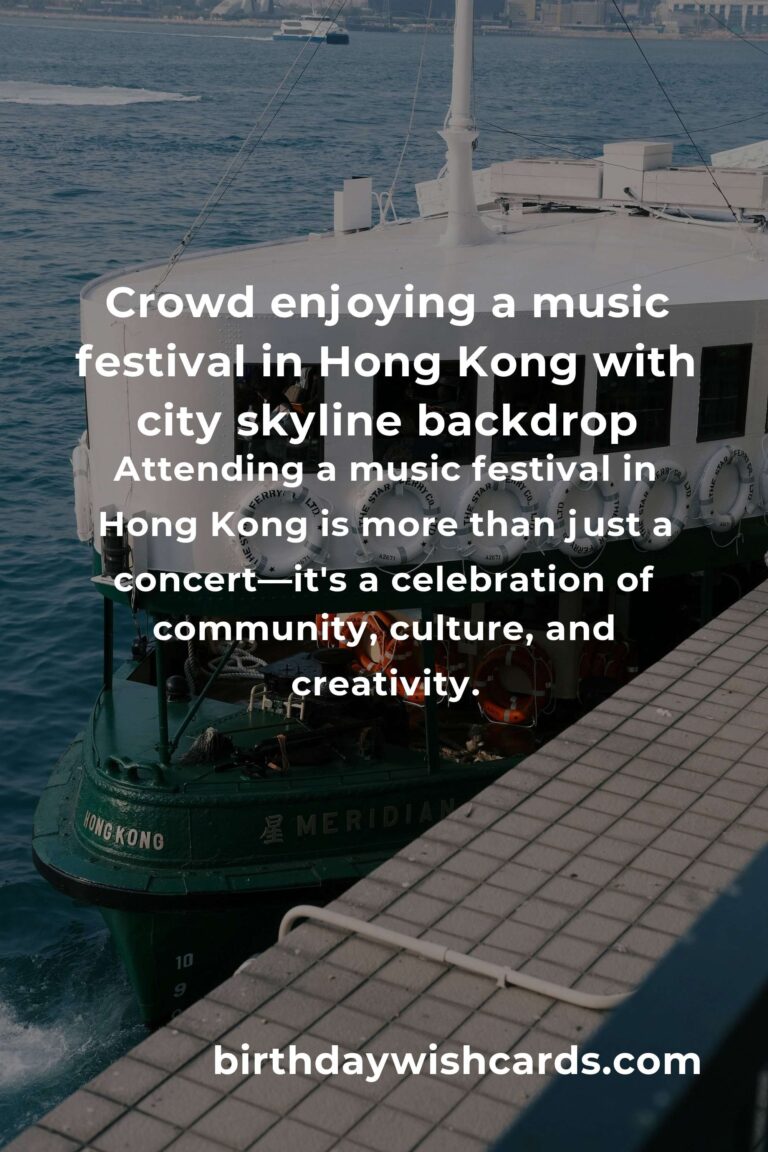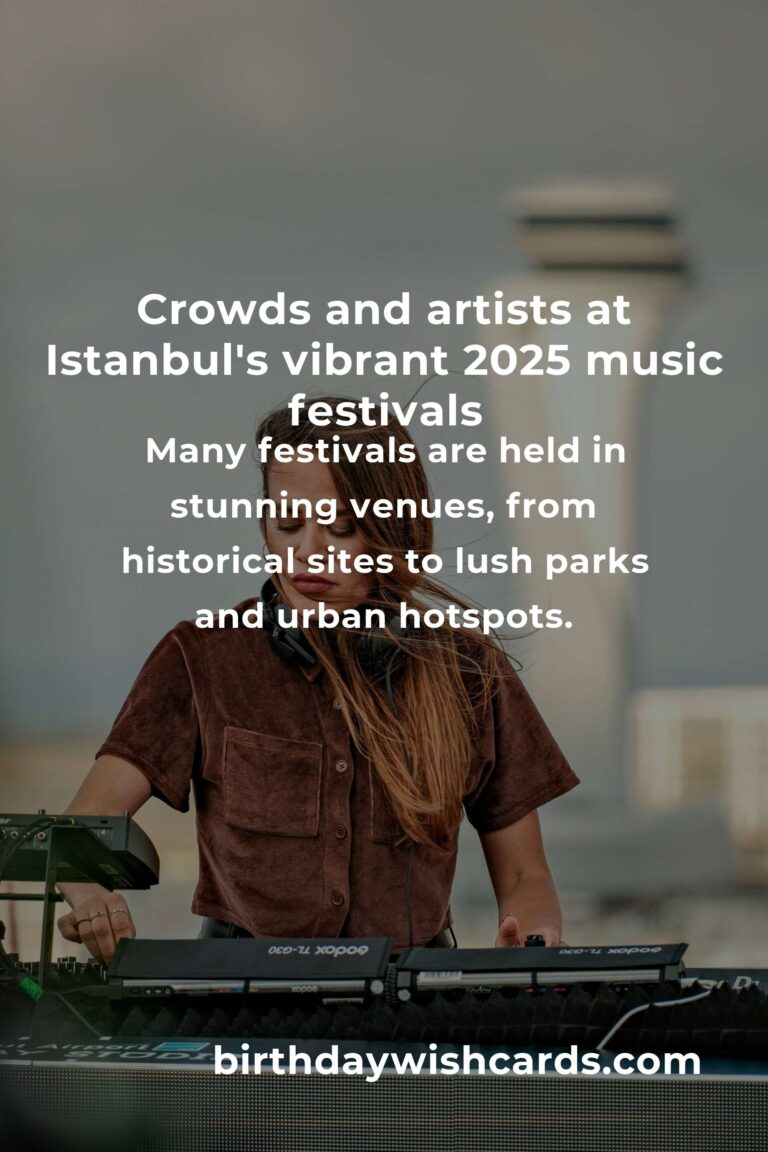Celebrate People’s Communicative Unity Day on May 1
People’s Communicative Unity Day—also known globally as International Workers’ Day or May Day—is celebrated every year on May 1. This important occasion honors the contributions and achievements of workers across all sectors, highlighting their essential role in building a fairer and more just society. It is a day that brings together people of all backgrounds, fostering solidarity and collective strength. In this article, we explore the origins, significance, and worldwide observance of People’s Communicative Unity Day, and why it remains a vital celebration today.
The Historical Roots of People’s Communicative Unity Day
The origins of People’s Communicative Unity Day trace back to the late 19th century, a period marked by rapid industrialization and the rise of the labor movement. During this era, workers endured long hours, low wages, and unsafe conditions. In response, laborers began to organize and demand better treatment and rights.
On May 1, 1886, thousands of workers in the United States staged peaceful demonstrations calling for an eight-hour workday. These protests became a powerful symbol of the unified demand for fair labor standards and humane working conditions. Tragically, violence erupted when a bomb was detonated during one demonstration, resulting in casualties among both workers and law enforcement.
To honor those who lost their lives and to continue the fight for workers’ rights, the International Socialist Conference in 1889 declared May 1st as International Workers’ Day. This declaration established the date as a global symbol of worker solidarity and social justice.
Global Celebrations and Observances
Since its inception, People’s Communicative Unity Day has been observed in countries around the world, often as a public holiday. Citizens participate in marches, rallies, and educational events that emphasize workers’ rights and social equality. The day serves as both a celebration of progress and a reminder of ongoing struggles within the labor movement.
Many countries also host cultural festivals, parades, and concerts, showcasing the diversity and traditions of working communities. These events not only celebrate achievements but also promote unity and collective empowerment among people from all walks of life.





